Coronavirus: How Unesco are plugging the global gap in education
Photojournalist Paddy Dowling examines how the organisation and their partners are racing to retain the most marginalised children in school in a post-Covid world
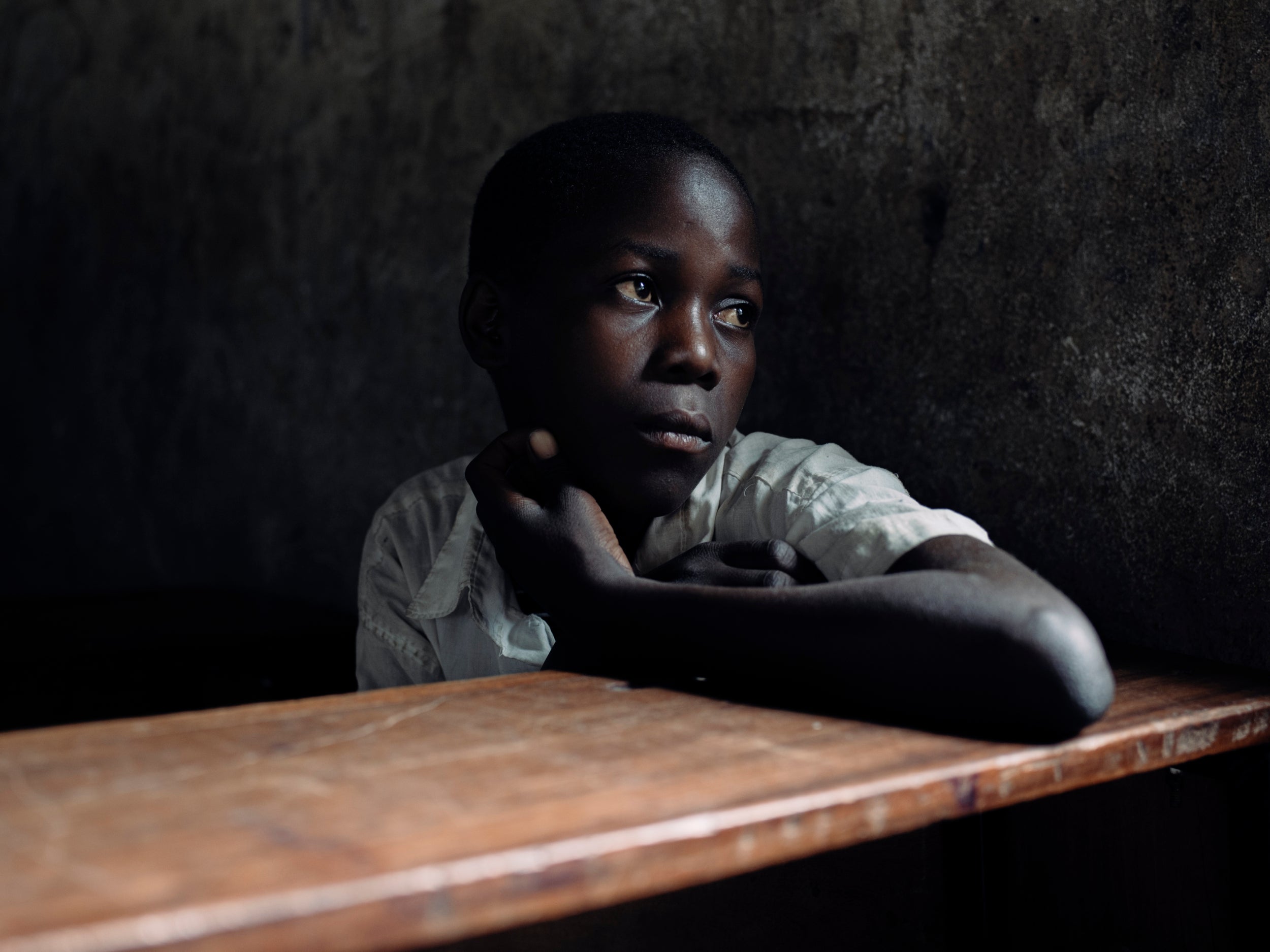
Your support helps us to tell the story
From reproductive rights to climate change to Big Tech, The Independent is on the ground when the story is developing. Whether it's investigating the financials of Elon Musk's pro-Trump PAC or producing our latest documentary, 'The A Word', which shines a light on the American women fighting for reproductive rights, we know how important it is to parse out the facts from the messaging.
At such a critical moment in US history, we need reporters on the ground. Your donation allows us to keep sending journalists to speak to both sides of the story.
The Independent is trusted by Americans across the entire political spectrum. And unlike many other quality news outlets, we choose not to lock Americans out of our reporting and analysis with paywalls. We believe quality journalism should be available to everyone, paid for by those who can afford it.
Your support makes all the difference.At the height of the Covid-19 crisis 1.6 billion children from around the world were sent home and the school gates were closed. But this figure excludes the 258 million children who were already out of school with no access to education – 59 million at primary level, according to Unesco’s Institute for Statistics.
The effects of school closure on child safety, wellbeing and learning are well documented. This also has long-term consequences for economies and societies resulting in a perpetual cycle of multi-dimensional poverty. A survey conducted by Unesco in 2017 discovered that 56 per cent (617 million) of children in classrooms around the world are not achieving minimum proficiency levels.
“Inequality, poor health, child labour, early and forced marriage are just some of the long-term outcomes. And those nations with significant numbers of out of school children face the very real prospect of lost generations,” says Stefania Giannini, assistant director-general for education at Unesco.
A global education coalition launched by Unesco seeks to facilitate inclusive learning opportunities for children and youth during this period of sudden and unprecedented educational disruption.
“This is a new kind of partnership with civil society, non-profits, philanthropists, the private sector and media networks,” Giannini explains. “This is not a one-size solution for all. We have to address this as a global challenge and determine how we can support governments, teachers, parents and communities to assure continuity of learning.”
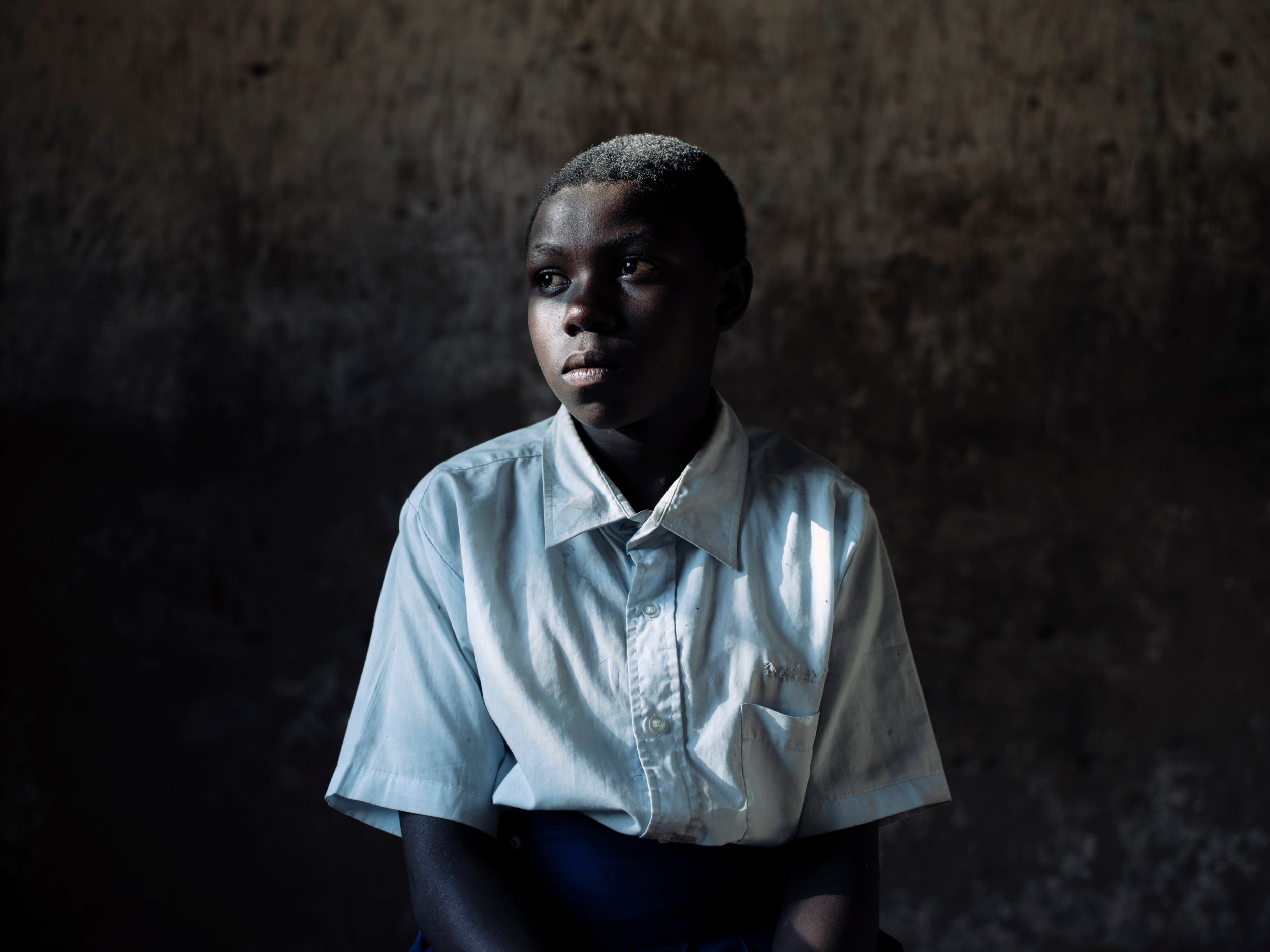
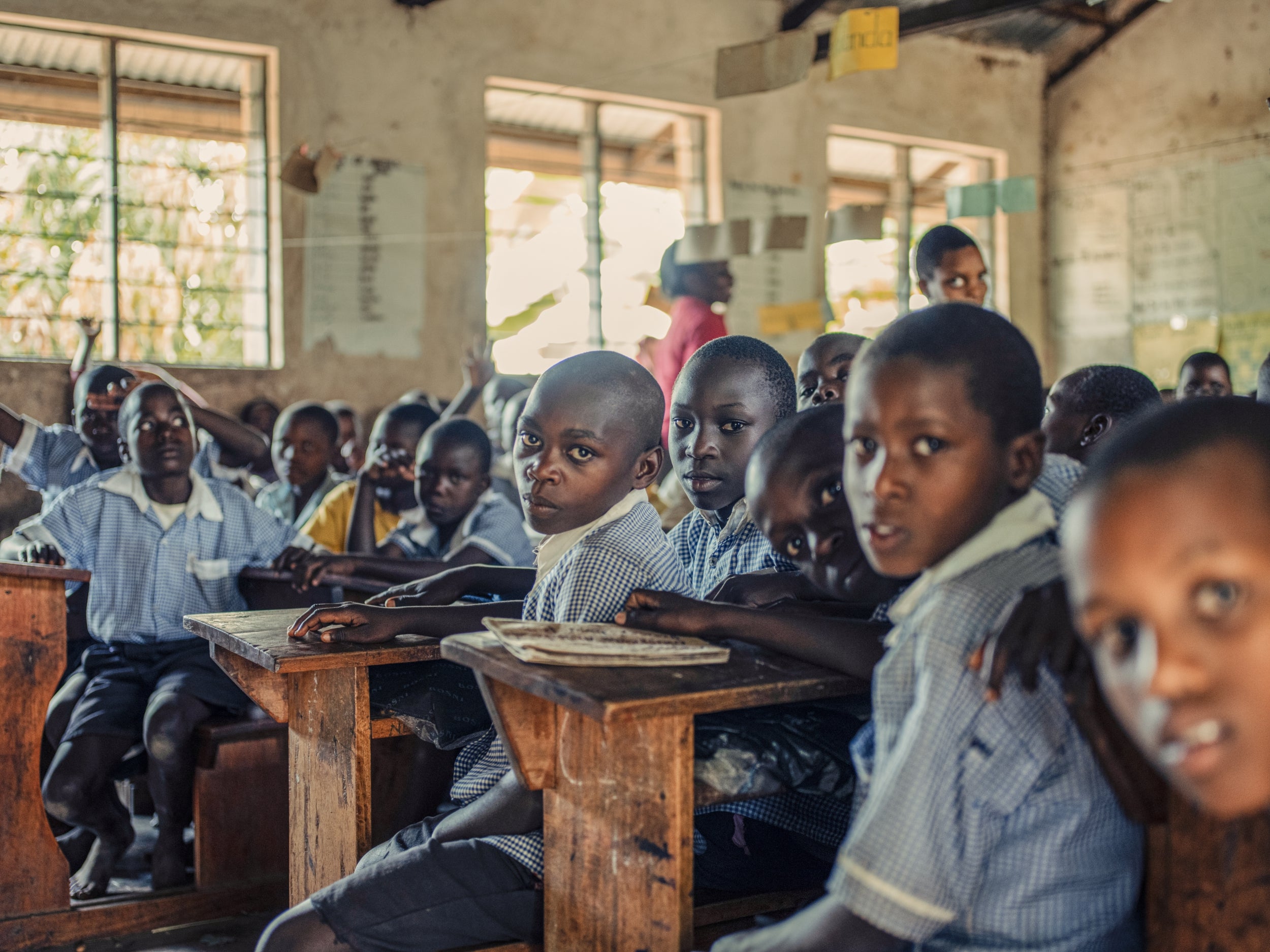
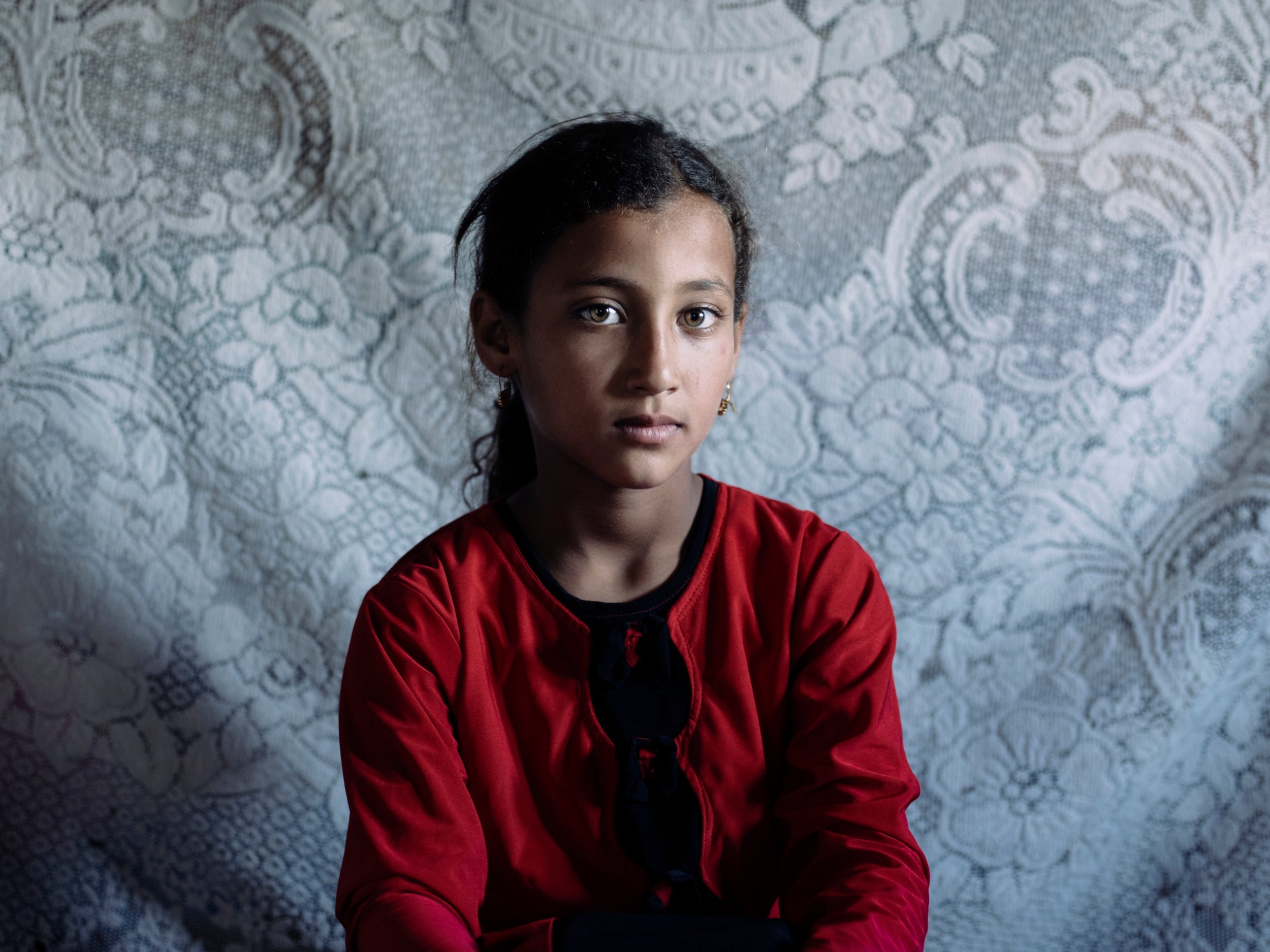
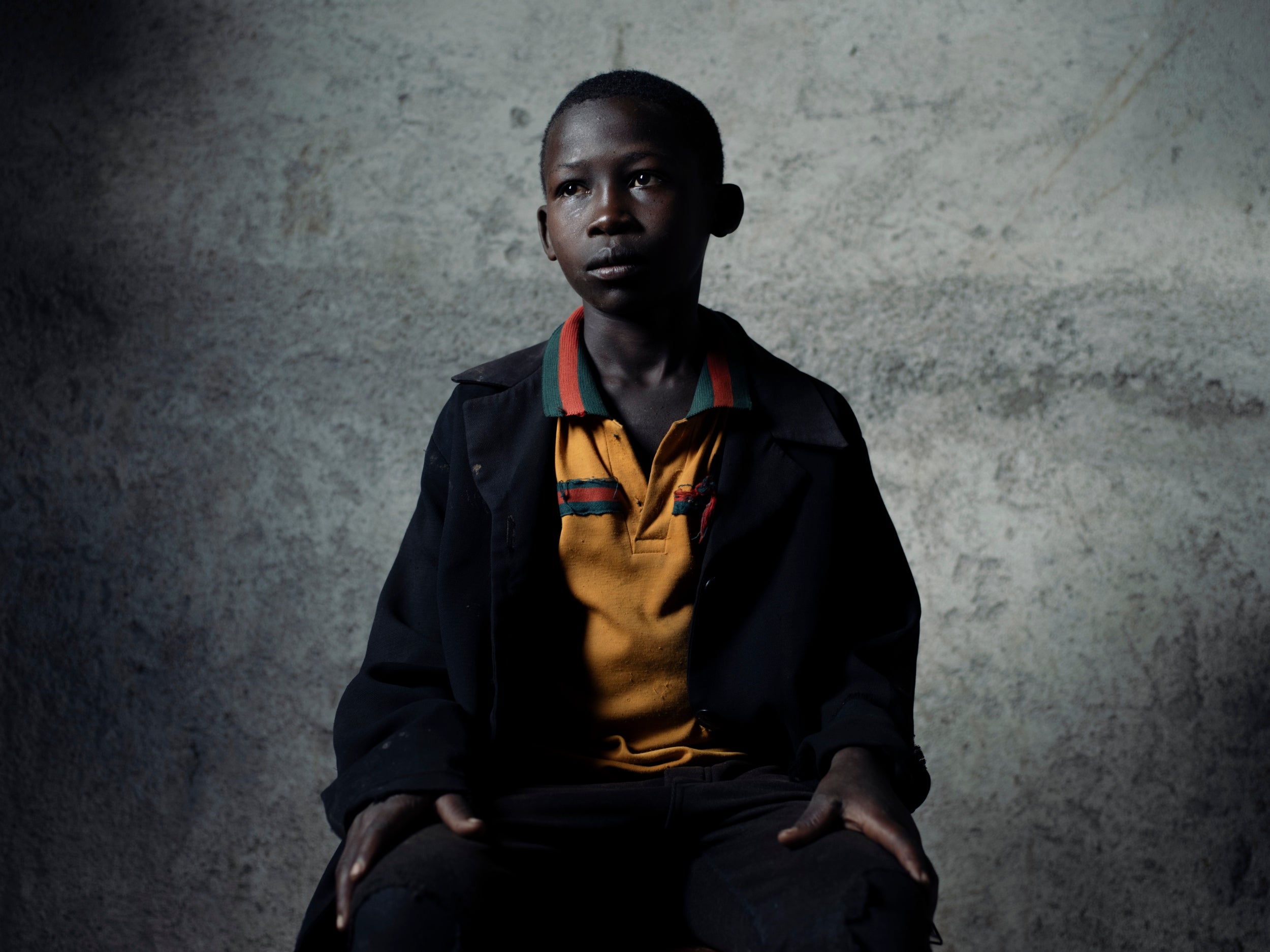
Dr Mary Joy Pigozzi from Education Above All Foundation, an organisation part of the coalition, explains: “The negative impact of Covid-19 is devastating for those who were not in school to begin with. It is essential to keep our focus on their education, because more fortunate children will benefit alongside them if we do. We must address basics as we try to rise above the pandemic.
“It is not just about the pressure of the immediate emergency. Education is key to recovering from this crisis, and for building education systems with more resistance to shocks [and] a more sustainable future.”
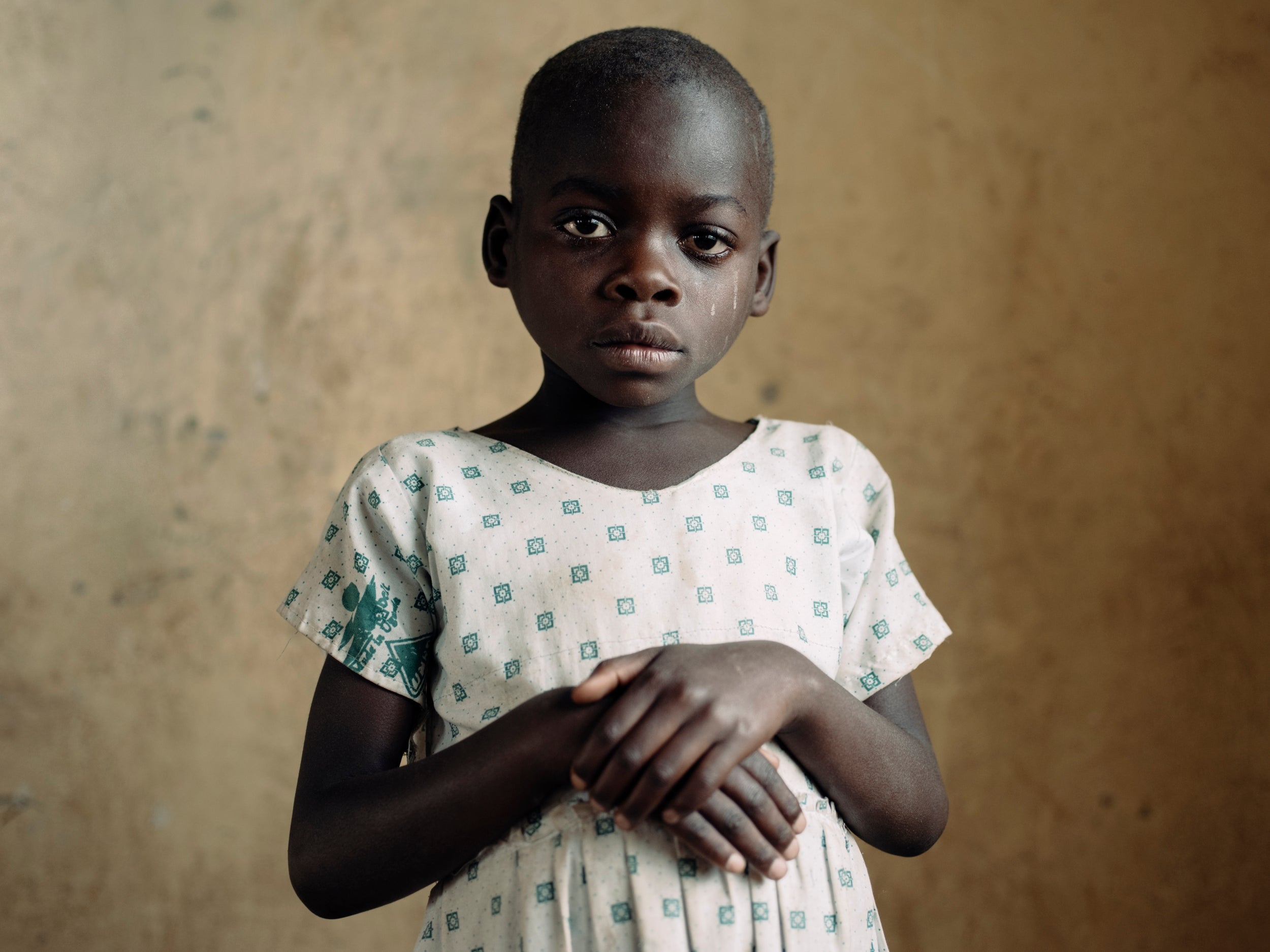
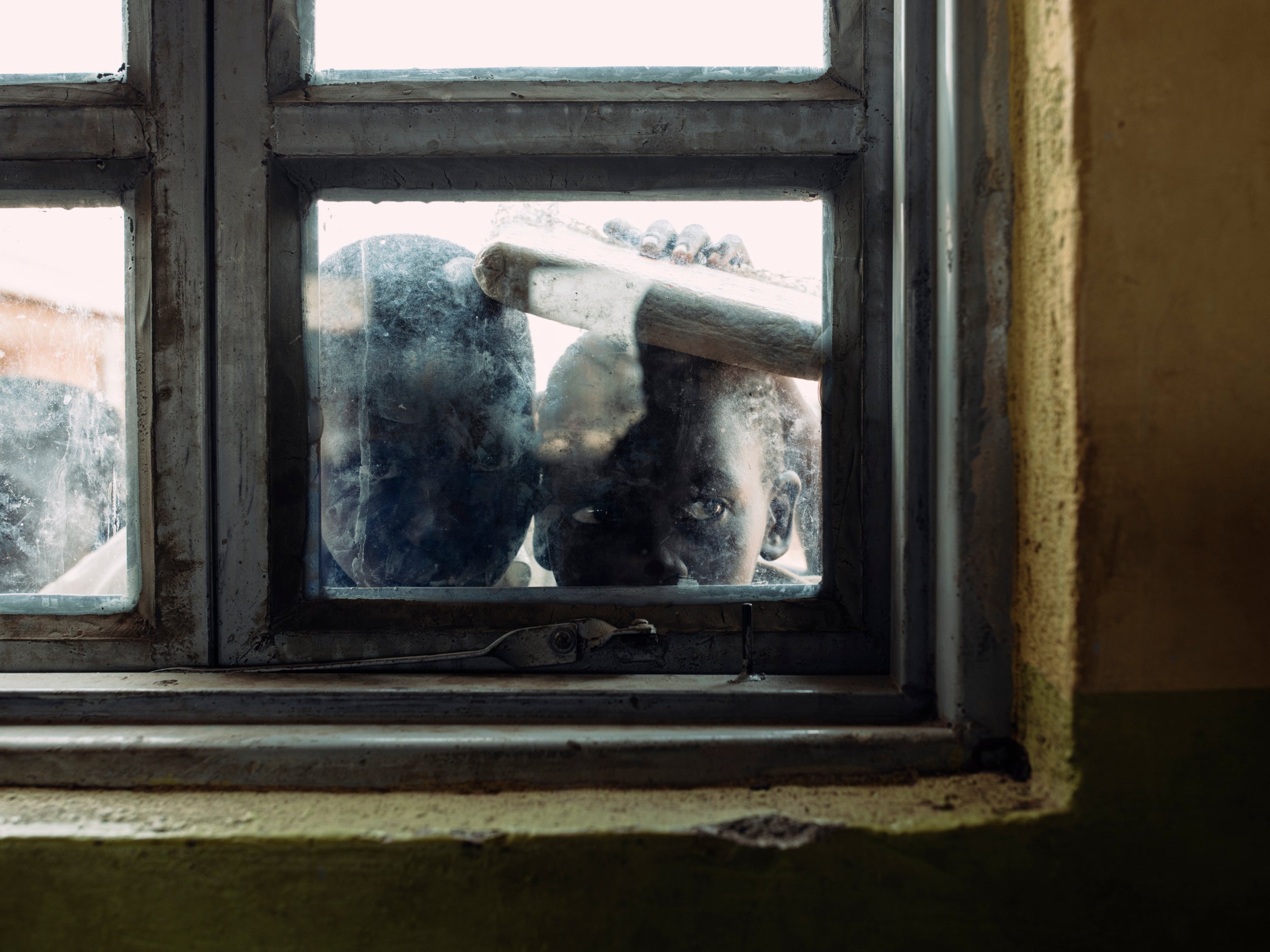
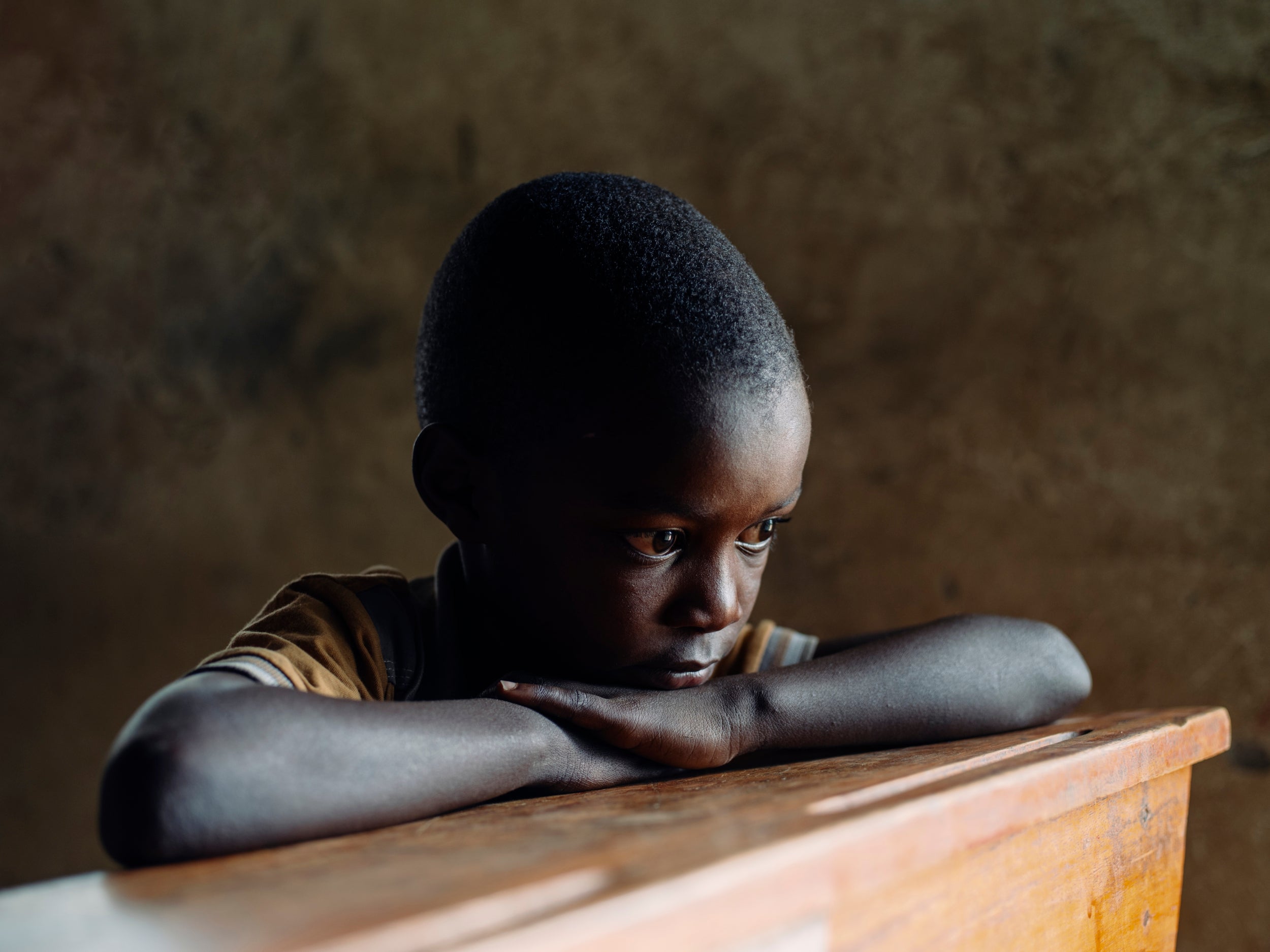
The pandemic has forced many to turn to distance education, but this is not without its own obstacles. Connectivity remains the greatest challenge. Today 47 per cent of primary and secondary students globally do not have internet access, 89 per cent in Africa and 14 per cent across Europe.
Historically, those countries without connectivity have provided learning through television and radio, proven to be good alternatives in a context where online learning is not possible.
.JPG)
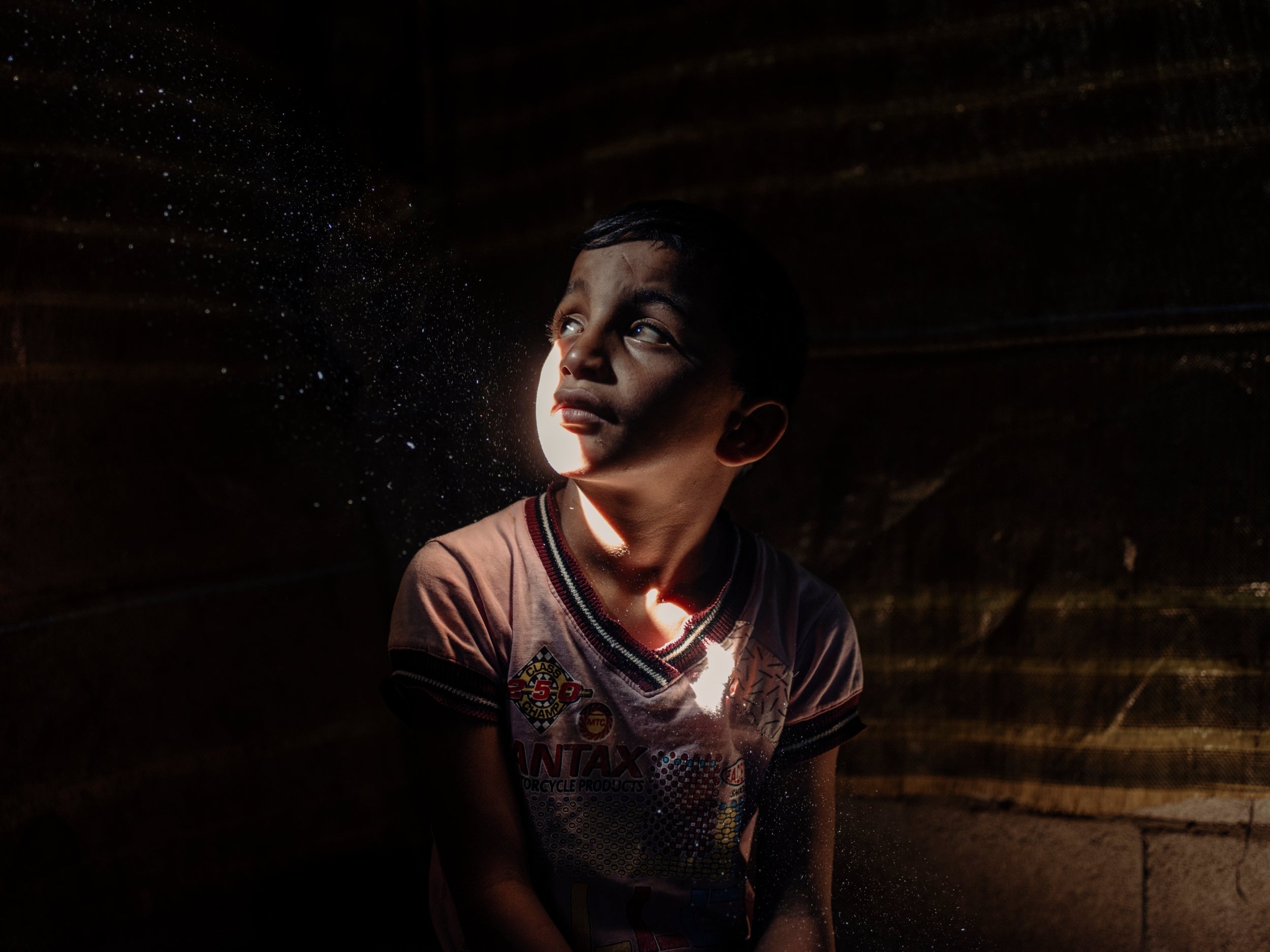
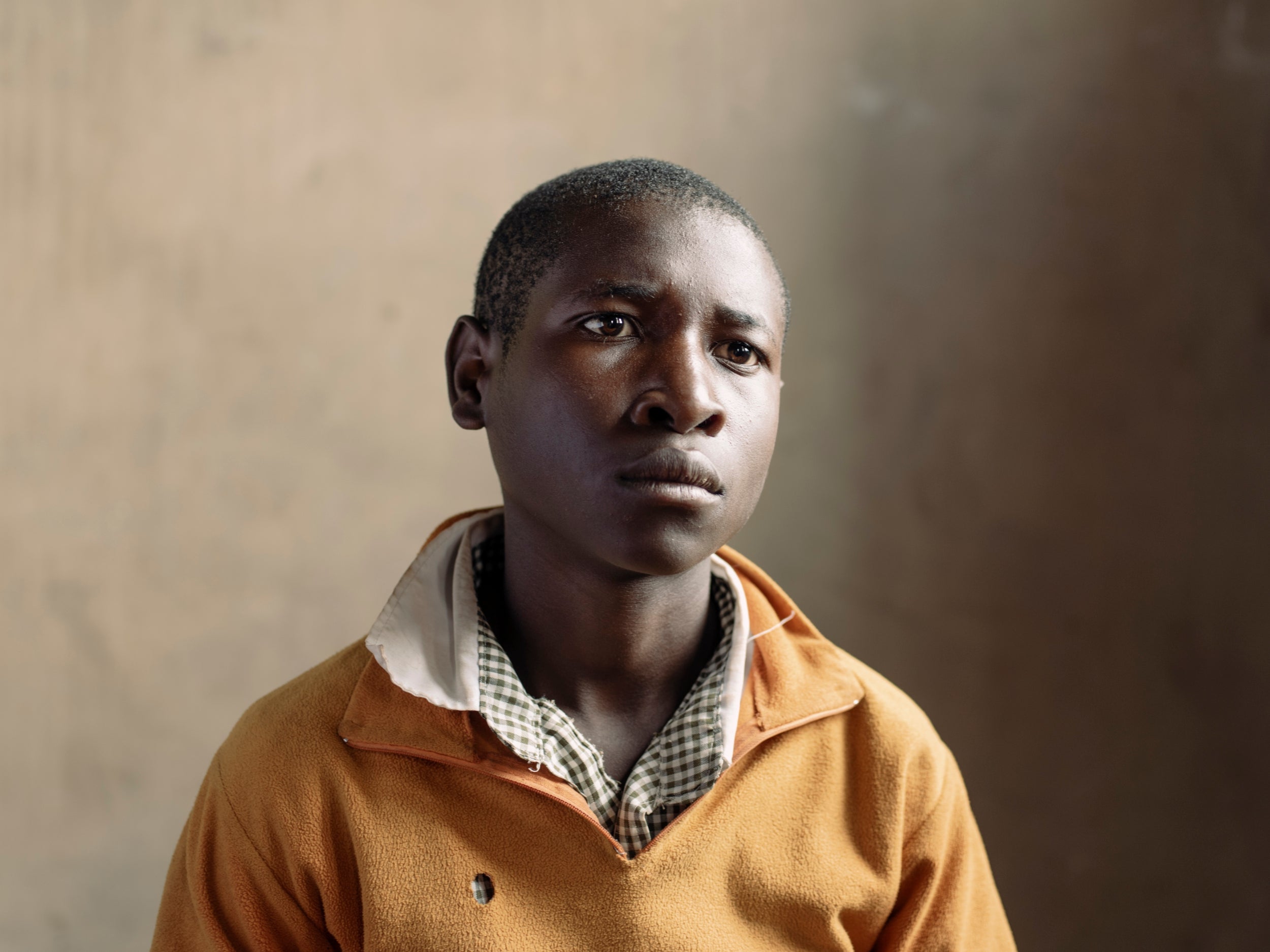
The short-term impact of this global emergency will become apparent when schools around the world reopen their gates. In the longer term, hope remains that the most marginalised children, whose enrolment in education hangs by a thread, do not get cast back into the shadows of society, destined to a life working not learning.
You can find out more about the Unesco Global Coalition here
Join our commenting forum
Join thought-provoking conversations, follow other Independent readers and see their replies
Comments